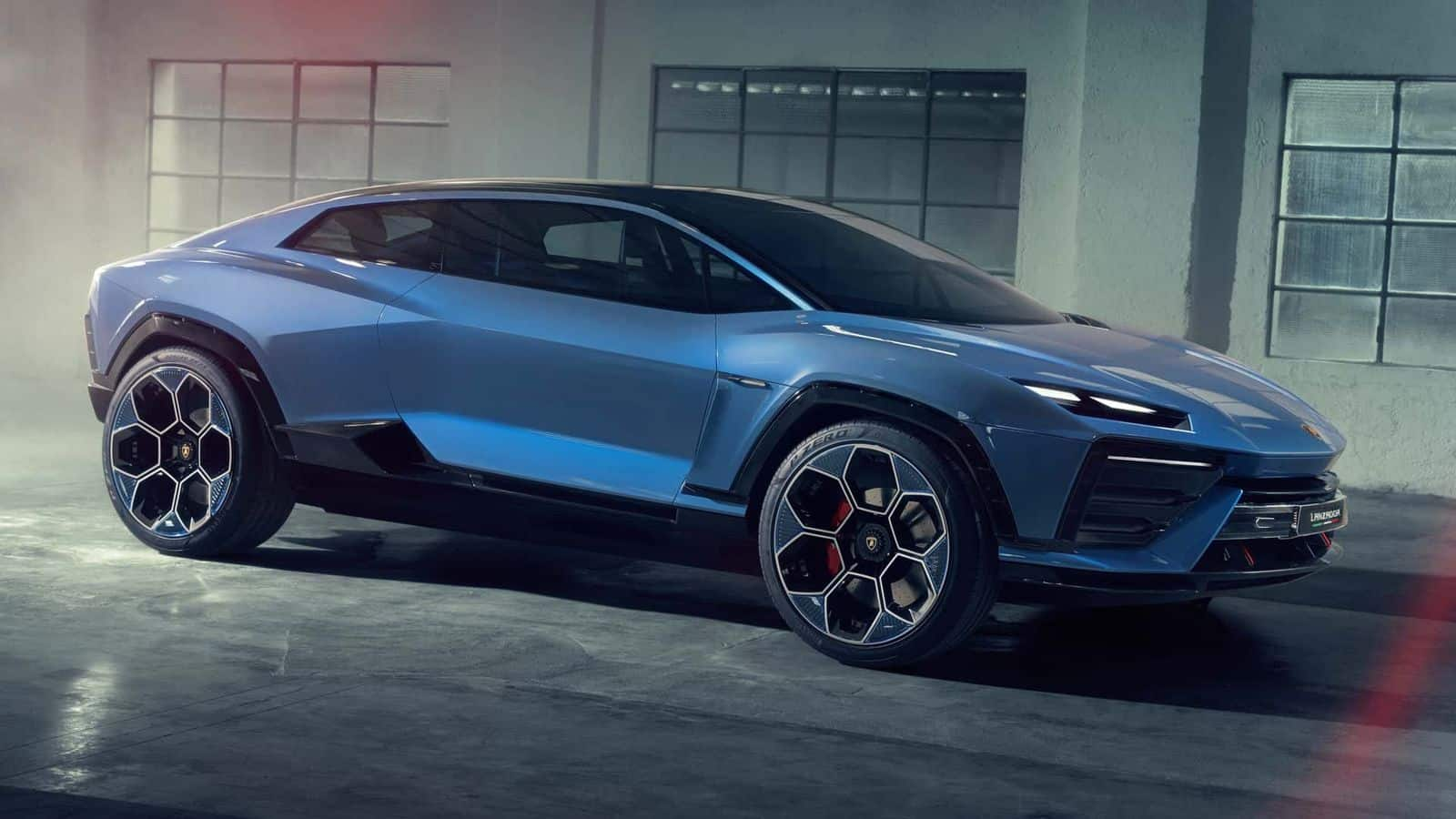
Lamborghini CEO raises doubts about viability of electric supercars
What's the story
Lamborghini, the renowned Italian luxury sports car manufacturer, has voiced doubts about the future of electric supercars. The company's first electric vehicle (EV) is not slated for release until 2028, and will be a four-seater grand tourer rather than a supercar. In an interview with Automotive News Europe, Lamborghini's CEO Stephan Winkelmann, stated that electric supercars are "not something that is selling so far," indicating potential challenges in their market acceptance.
Market speculation
Winkelmann speculates on electric supercars' popularity
Winkelmann further speculated on the potential popularity of electric supercars, stating, "It's too early, and we have to see down the road if and when this is going to happen." He suggested that wealthy buyers, who are typically the target market for supercars, may not be interested in electric versions. This sentiment was echoed by Rimac CEO Mate Rimac who admitted that high-end customers don't want electric supercars.
Engine preference
Elite brands continue to favor internal combustion mills
Despite the global push toward electric vehicles, Lamborghini will continue to use a V12 engine in the Aventador's successor, while the Huracan will also feature an internal combustion engine (ICE). However, the Huracan will transition from its naturally aspirated V10 to a newly developed twin-turbo V8. Other elite brands like Bugatti and Pagani are also avoiding full EVs, with Bugatti planning a naturally aspirated V16 mill for its upcoming Chiron replacement.
Regulation resistance
Supercar makers stick with petrol engines amid emission regulations
Despite stricter emissions regulations pushing automakers toward EVs, many supercar manufacturers are sticking with petrol engines for as long as possible. Winkelmann believes this is because their customers prefer the emotion delivered by a large-displacement ICE. He hopes to save combustion mills by switching to e-fuels and leverage advancements made by Porsche in developing nearly carbon-neutral synthetic fuels.